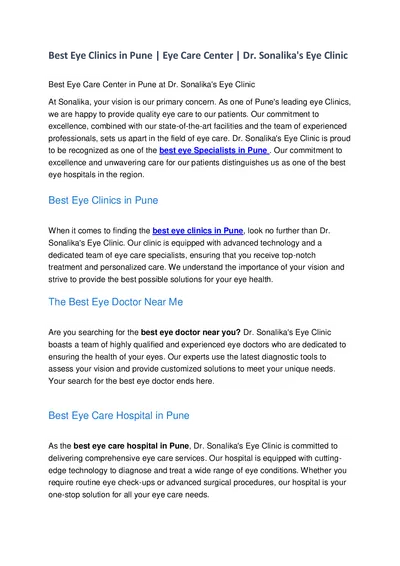PPT-Supporting Access the Health Care in Immigrant Communities
Author : pamella-moone | Published Date : 2018-11-06
Allison Neswood Colorado Center on Law and Policy 789 Sherman St Suite 300 Denver CO 80203 3035735669 x304 aneswoodcclponlineorg Concern Increasing Detentions and
Presentation Embed Code
Download Presentation
Download Presentation The PPT/PDF document "Supporting Access the Health Care in Imm..." is the property of its rightful owner. Permission is granted to download and print the materials on this website for personal, non-commercial use only, and to display it on your personal computer provided you do not modify the materials and that you retain all copyright notices contained in the materials. By downloading content from our website, you accept the terms of this agreement.
Supporting Access the Health Care in Immigrant Communities: Transcript
Download Rules Of Document
"Supporting Access the Health Care in Immigrant Communities"The content belongs to its owner. You may download and print it for personal use, without modification, and keep all copyright notices. By downloading, you agree to these terms.
Related Documents














